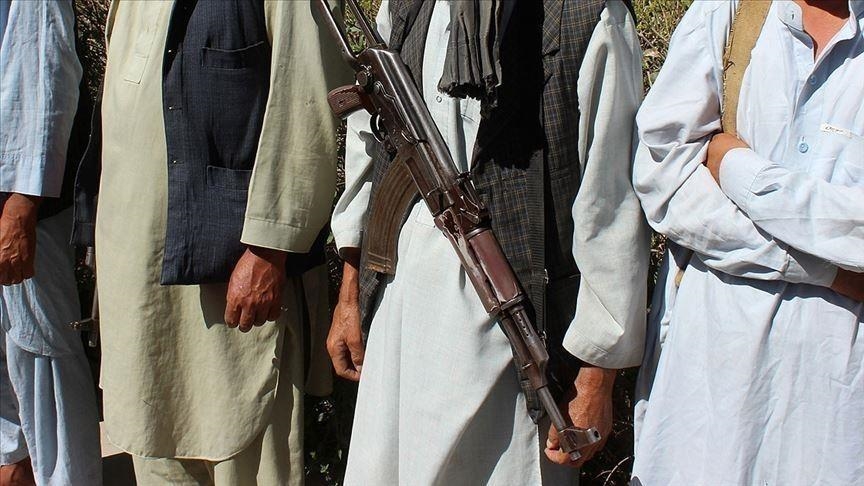KARACHI, Pakistan
The Pakistani Taliban said on Monday that they have formally called off an already ineffective cease-fire agreed with the government in June, accusing security forces of launching “consistent” operations against the group, primarily in the country’s northwest.
The development, not surprising to many, comes a day before Pakistan’s new army chief, Gen. Asim Munir, is going to take the charge following retirement of his predecessor, Gen. Qamar Javed Bajwa, who led the security operations against the Tehreek-e-Taliban Pakistan (TTP), a conglomerate of several militant groups in Pakistan, for six years.
The decision was announced through a statement released by the TTP on its propaganda website and also sent to some journalists.
The militant network’s so-called Defense Ministry called on all its affiliates to carry out attacks against security forces “wherever you can reach” across the country.
Citing recent security operations against the network in different parts of the northwestern Khyber Pakhtunkhwa province, which borders neighboring Afghanistan, the TTP contended that it had shown restraint despite the government’s “provocative” actions that the negotiation process was not sabotaged.
However, the statement further said, the security forces did not halt their operations against the “mujahidin,” therefore, “retaliatory attacks will now be carried out across the country – God willing.”
There was no immediate reaction to the announcement from the government or the military.
In June, the Pakistani government and the TTP reached an agreement on an indefinite cease-fire.
In November 2021, former Information Minister Fawad Chaudhry declared that the Pakistani government and the TTP had negotiated a complete cease-fire.
The declaration came just over a month after then-Prime Minister Imran Khan revealed that the government was in negotiations with various TTP organizations in the hope of reaching an agreement.
However, the TTP called off the cease-fire brokered by the Afghan Taliban exactly one month later, claiming that the government had breached its promise to release inmates.
Since then, a slew of clashes between the two sides have been reported, mainly in the restive North Waziristan tribal district, killing dozens of soldiers and suspected militant.
Genesis of TTP
When the US invaded Afghanistan in October 2001, Pakistan, ruled by then-President Gen. Pervez Musharraf, agreed to play a frontline state role in the “war on terror,” deposing the Taliban’s first government, which pushed millions of Afghans to flee to neighboring countries, mainly Pakistan.
Because the majority of Afghans share the same language and ethnic roots, Pakistan’s seven former semi-autonomous tribal districts and other regions of Khyber Pakhtunkhwa and Balochistan provinces welcomed Afghan refugees while condemning the US intervention and the Pakistani government’s support.
Among the refugees were several Afghan Taliban who had previously studied at Darul Uloom Haqqania, a well-known Islamic seminary located about 70 kilometers (43 miles) east of Peshawar, the provincial capital of the North-West Frontier Province, now Khyber Pakhtunkhwa province, and had connections with locals who studied at the same institution.
With anti-US sentiments running high in the region, tribesmen and the Afghan Taliban formed a loose alliance to fight back against the Americans, the Afghan government in Kabul, and the Pakistani government under Musharraf.
Musharraf narrowly escaped two assassination attempts in Rawalpindi, Pakistan’s garrison city, in December 2003. The first was taken out with a roadside bomb, while the second was carried out by two suicide bombers who drove into his motorcade and detonated car bombs. At least 14 people were killed and 46 others injured.
Maulavi Naik Muhammad of North Waziristan was the first to form a militant group in 2004, while the TTP was formally formed in June 2007, with Baitullah Mehsud of South Waziristan as its leader.

